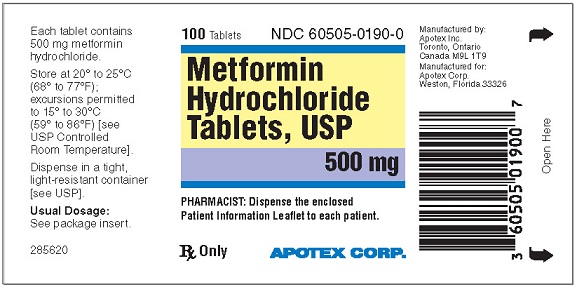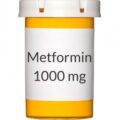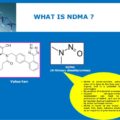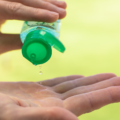FDA is alerting patients and health care professionals to five companies’ voluntary recalls of certain extended release (ER) metformin drugs. The agency recently announced it was in contact with five companies to recommend they voluntarily recall ER metformin because the agency’s testing showed N-Nitrosodimethylamine (NDMA) above the acceptable intake limit in certain lots. N-Nitrosodimethylamine (NDMA) is a highly toxic, potentially carcinogenic liquid. It is synthesized by the reaction of dimethylamine or one of its salts with sodium or potassium nitrite. The affected
- Apotex – All lots
- Amneal – All lots
- Marksans (labeled as Time-Cap) – One lot (XP9004)
- Lupin – One lot (G901203)
- Teva (labeled as Actavis) – 14 lots
There are additional companies that manufacturer ER metformin and supply a significant portion of the U.S. market, whose products are not being recalled at this time.
Patients taking recalled ER metformin should continue taking it until a doctor or pharmacist gives them a replacement or a different treatment option. It could be dangerous for patients with type 2 diabetes to stop taking their metformin without first talking to their health care professional. FDA recommends that health care professionals continue to prescribe metformin when clinically appropriate; FDA testing has not shown NDMA in immediate release (IR) metformin products (the most commonly prescribed type of metformin).
FDA updated its laboratory test results showing the levels of NDMA the agency has found in samples of metformin to date. FDA has also posted a second liquid chromatography-electrospray ionization-high resolution mass spectrometry (LC- ESI-HRMS) testing method to provide an option for regulators and industry to detect eight different nitrosamine impurities in metformin drug substances and drug products.
The agency is also asking all companies manufacturing ER metformin to evaluate the risk of their product containing NDMA above the acceptable intake limit and to test at-risk product before each batch is released onto the U.S. market. If testing shows NDMA above the acceptable intake limit, the companies must inform the agency and should not release the batch to the U.S. market.






